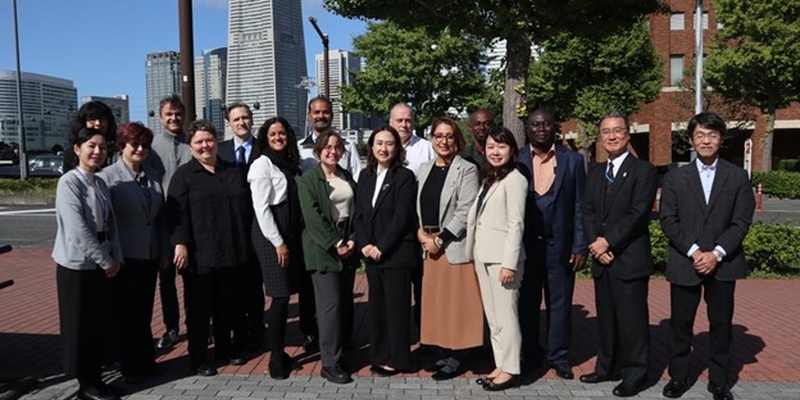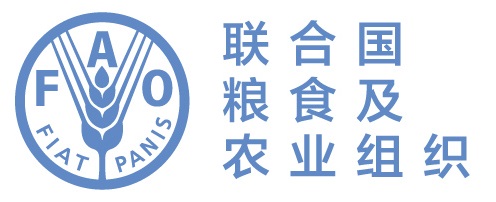诊断规程技术小组会议在横滨闭幕
Posted on Tue, 05 Nov 2024, 08:08

© 日本农林水产省 - 国际植物保护公约诊断规程技术小组在日本横滨举行年度会议。
日本横滨,2024年10月31日。诊断规程技术小组(下称“TPDP小组”)于2024年10月21日至25日在日本横滨举行会议,回顾了植物检疫诊断领域二十年来的开创性工作。会议由日本国家植物保护组织(下称“NPPO”)农林水产省主办。TPDP小组年度会议汇集了国际植物健康专家,推进了根据《国际植物检疫措施标准》(ISPM)第27号检测限定有害生物的关键规程。
日本农林水产省植物防疫所所长小宮英敏( Hidetoshi Komiya)在会上强调了此次会议的重要性:“ISPM 27及通过的33个特定限定有害生物诊断附件对于各国NPPO的工作至关重要。”他在讲话中强调了国际合作的重要性,并就全球农业保护相关规程提出了建议。
会议重要成果
TPDP小组在会议开始时首先欢迎了两名新成员和标准委员会新任负责人。小组随后审查并处理了IPPC缔约方和区域植物保护组织针对三项高优先级有害生物诊断规程(DP)提交的大量反馈意见。针对广义多年异担子菌(Heterobasidion annosum sensu lato)、马铃薯纺锤形块茎类病毒属(Pospiviroid)和苹果根结线虫(Meloidogyne mali)的修订版诊断规程将提交标准委员会审议,有望在2025年通过。
此外,TPDP小组还审查了五份诊断规程草案,包括斑翅果蝇(Drosophila suzukii)、Dickeya spp. on Solanum tuberosum、桃实蝇(Bactrocera zonata)和番石榴果实蝇(Bactrocera correcta)、北美松疱锈病菌(Cronartium comandrae Peck)以及实蝇科害虫(Tephritidae)(利用分子技术在实蝇未成熟阶段进行干预)。专家磋商将于2025年初开始,预计在7月前提交标准委批准。
最新变动还包括对《诊断规程5:水果上的柑橘叶点霉菌》(DP 5: Phyllosticta citricarpa)进行重大修订。最新研究确定,P. citricarpa与P. paracitricarpa为同一物种。TPDP小组由此决定取消该诊断规程的待定状态,并着手进行全面更新,以纳入对柑橘种植业和贸易领域至关重要的增强检测方法。
选定新诊断规程起草人,制定未来计划
TPDP小组为另外三项诊断规程分别选定了起草人:椰蛀犀金龟(Oryctes rhinoceros)、茶翅蝽(Halyomorpha halys)和大穗看麦娘(Alopecurus myosuroides)。此次起草人团队扩大将有助于TPDP小组推进 2024-2025年度工作计划,其中包括组织一次专门更新《诊断规程起草人参考手册》内容的在线视频会议,以明确与诊断规程制定有关的指导方针。
IPPC标准制定组副组长Adriana G. Moreira在谈及TPDP小组工作进展时表示:“我们通过标准化规程,来确保诊断结果的准确性,从而增强早期检测和快速响应能力,这对于保护全球农业体系至关重要。”
农业韧性创新研讨会
TPDP小组会议以一场题为“提升农业韧性:新型植物有害生物诊断技术”的研讨会收尾。该场研讨会由TPDP小组和日本农林水产省共同主办。此为IPPC技术专家组首次举办研讨会,汇聚了来自各国 NPPO 及国际植物健康领域的专家。各方在会上集思广益,携手合作,交流知识,并重点关注改进植物有害生物诊断工作的创新思路。
展望未来,TPDP小组下一次线下会议定于2025年7月21日至25日在法国昂热举行,届时将继续推进相关规程和新举措,进一步增强全球植物健康韧性。

